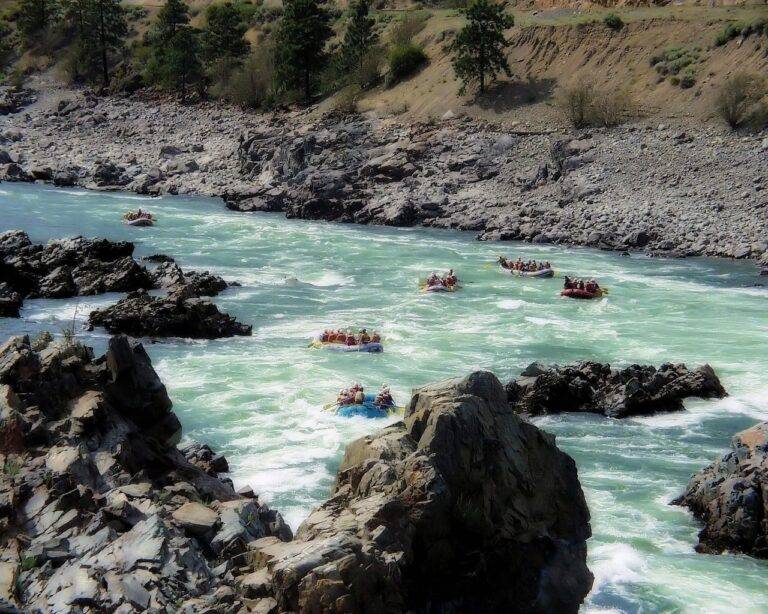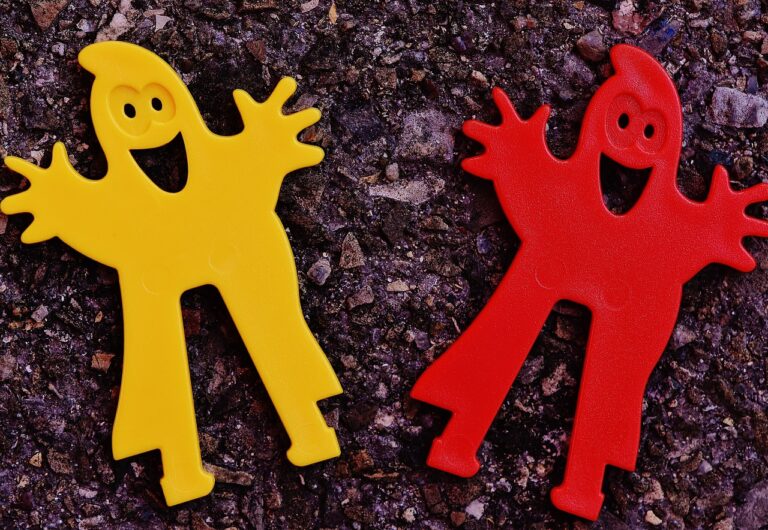The Psychology of Historical Reenactment Spectatorship: Immersion and Engagement: 11xplay reddy login registration, Laser book 247, Skylive casino
11xplay reddy login registration, laser book 247, skylive casino: Historical reenactments have long been a beloved pastime for history enthusiasts around the world. Whether it’s a Civil War battle reenactment or a medieval festival, these events offer a unique opportunity for spectators to immerse themselves in another time and place. But have you ever stopped to consider why we are so fascinated by these events? What is it about historical reenactment spectatorship that draws us in and keeps us engaged? In this article, we’ll explore the psychology behind historical reenactment spectatorship, focusing on the concepts of immersion and engagement.
Immersion in Historical Reenactments
One of the key reasons why historical reenactments are so popular is the sense of immersion they provide. When spectators enter the reenactment site, they are transported back in time to a different era. The sights, sounds, and even smells of the past come alive, creating a truly immersive experience.
Psychologically, this sense of immersion is incredibly powerful. Research has shown that when we are fully immersed in an experience, our brains actually respond as if the events are real. This can lead to heightened emotions, increased empathy for the historical figures being portrayed, and a stronger sense of connection to the past.
Engagement with Historical Reenactments
In addition to immersion, historical reenactment spectatorship also fosters a high level of engagement. Spectators are not passive observers but active participants in the unfolding events. They have the opportunity to interact with the reenactors, ask questions, and even take on a role themselves.
This high level of engagement can lead to a deeper understanding and appreciation of history. By actively participating in the reenactment, spectators are able to see history from a different perspective, gaining insights that may not be possible through reading a textbook or watching a documentary.
FAQs
Q: How can I find historical reenactment events near me?
A: A quick Google search for “historical reenactment events near me” should yield plenty of results. You can also check out local historical societies, museums, and event calendars for information on upcoming reenactments.
Q: Are historical reenactments historically accurate?
A: While most reenactments strive for historical accuracy, there may be some discrepancies for the sake of entertainment or practicality. It’s always a good idea to do some research on the event beforehand to get an idea of how accurate it is likely to be.
Q: Can I participate in a historical reenactment as a reenactor?
A: Absolutely! Many reenactment groups are open to new members, and some events even offer opportunities for spectators to join in the fun. Reach out to the event organizers or local reenactment groups for more information on how you can get involved.
In conclusion, historical reenactment spectatorship offers a unique and immersive way to engage with history. By stepping back in time and actively participating in the events, spectators are able to gain a deeper understanding and appreciation of the past. So next time you have the opportunity to attend a historical reenactment, don’t hesitate to dive in and experience history come alive.







